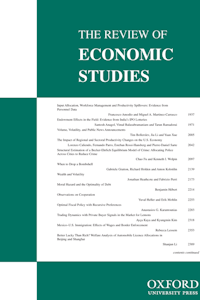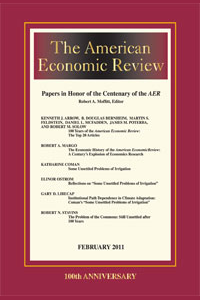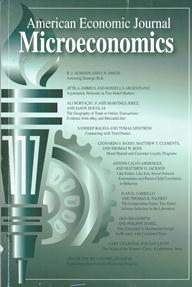
Aidt, T. S., Hillman, A. and Liu, Q.
Who takes bribes and how much? Evidence from the China Corruption Conviction Databank
World Development
Vol. 133 no. 104985 (2020)
Abstract: Numerous empirical studies have sought to compare corruption across regions or countries, but it is individuals who are corrupt, not regions or countries. Studies of corruption should therefore investigate individual behavior. This has not been previously possible because of lack of data. We use individual-level data from the China Corruption Conviction Databank compiled at Huazhong University of Science and Technology to investigate bribe-taking among officials in local-government public-administration and parallel Communist Party bureaucracies. We find that bribes that officials received systematically increase with positions at higher levels of official hierarchies. Economic authority to decide on spending and regulation is associated with receiving greater bribes than being in administrative positions. Consistent with life-cycle incentives, entry-level and retirement-approaching officials take higher bribes than middle-aged officials. Being more educated does not deter corruption but on the contrary is associated with taking higher bribes. Gender is not correlated with the size of the bribes taken. We link our empirical results on bribes to rent seeking in bureaucratic hierarchies.
Keywords: Bribery, Corruption, Bureaucracy, Public Administration, Local Government, Gender, Rent Seeking, China
JEL Codes: 012, D73
Author links: Toke Aidt
Publisher's Link: https://doi.org/10.1016/j.worlddev.2020.104985 ![]()




